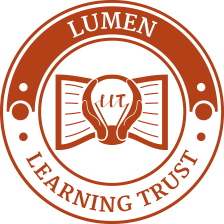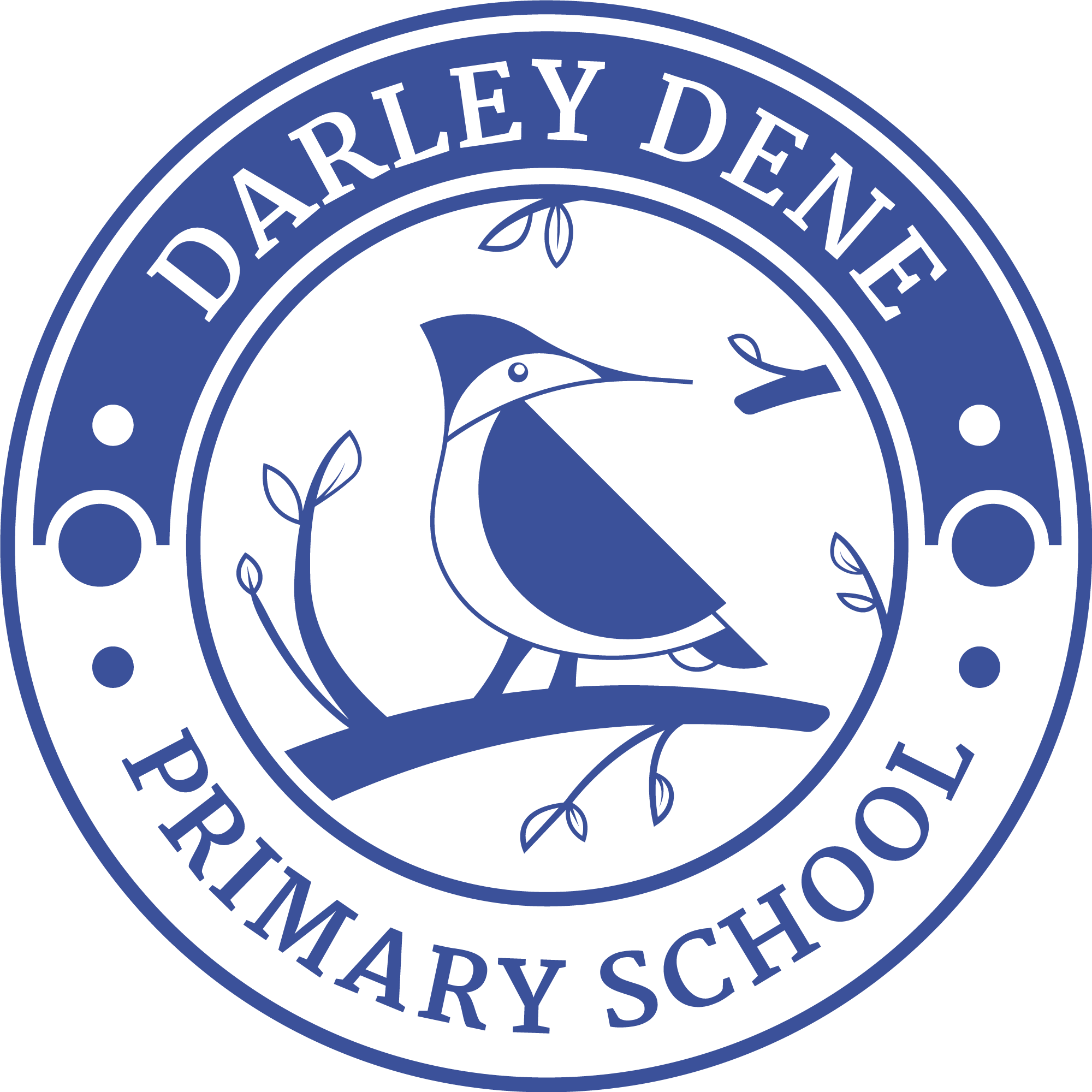Support Available
 The information on this page details how the school supports children with Special Educational Needs and Disabilities. This includes information about how the school identifies needs and the additional or different provision the school offers to enable these children.
The information on this page details how the school supports children with Special Educational Needs and Disabilities. This includes information about how the school identifies needs and the additional or different provision the school offers to enable these children.
Where possible we aim to meet the needs of all the children through the everyday teaching that all children have access to. Our aim is to enable the children to become independent, confident learners and we will provide extra support to facilitate this when required, equally ensuring this does not become burdensome for your child. When adjustments to provision are required to enable your child to make progress, it is planned for, carried out and reviewed regularly. If the additional support is not having the desired impact, the support will be adjusted or changed.
Introduction to the 'School Offer'
A 'school offer' is the provision that is made for children who have additional needs, such as special education needs or disabilities (SEND)
Provision is divided into three ‘waves’:
Wave 1: Universal Core Provision and Quality First Inclusive Teaching
These are the measures routinely taken by all teachers in the classroom to ensure that children of all differing needs can be successful.
Wave 2: Enhanced and Targeted Short Term Intervention / Provision
Sometimes, children may need specific additional help for a short time. This may be offered through interventions delivered in small groups, pairs or 1:1. For example, additional phonics ‘catch up’ groups or extra help with basic maths. If a child still needs additional help, outside advice may be sought.
Wave 3: Personalised and Specialist Provision Meeting High Longer Term Needs.
Following advice from other professionals, more detailed and longer term support structures are put in place. This may include providing an Education Health Care Plan (EHCP) or a Statement of Special Needs. (EHCPs will gradually replace statements over time.)
Under each ‘wave’, the support the school offers is divided into four broad areas of need:
- Cognition and Learning: This includes general learning difficulties as well as some specific learning difficulties, such as dyslexia.
- Communication and Interaction: This will include autistic spectrum disorder and speech and language needs.
- Social, Mental and Emotional Health: This includes children who have difficulties managing their behaviour.
- Physical and Sensory: This includes children with physical disabilities and sensory impairments such as visual or hearing impairments.
 At the bottom
At the bottom  of this page we attach two leaflets created by Surrey County Council which you may find of use.
of this page we attach two leaflets created by Surrey County Council which you may find of use.







